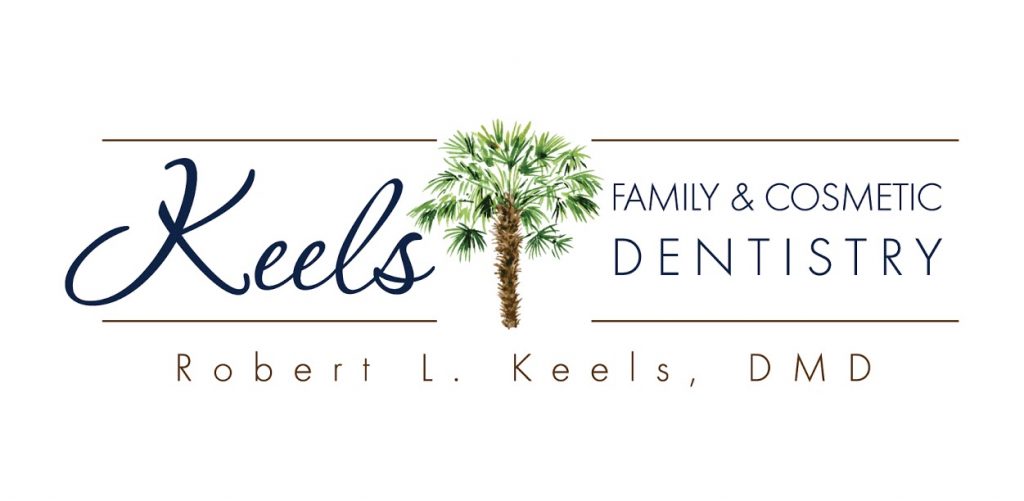A radiant smile isn’t just about brushing and flossing—it starts with what’s on your plate. The connection between diet and oral health is powerful, and understanding it can transform your smile and your overall well-being. The foods you eat can either strengthen your teeth and gums or put them at risk.
From cavity-fighting crunch of fresh fruits and veggies to the harmful effects of sugary snacks, your dietary choices play a direct role in maintaining a healthy mouth. With simple, actionable tips, you’ll learn how to protect your smile through balanced, tooth-friendly eating. Let’s explore the steps to a healthier, more vibrant smile—bite by bite.
What foods are good for teeth and gums?
A healthy diet plays a significant role in maintaining strong teeth and gums. Here are some foods that promote oral health:
- Dairy Products (Cheese, Milk, Yogurt): Rich in calcium and phosphate, dairy helps strengthen tooth enamel and support overall oral health. Cheese also stimulates saliva production, which helps neutralize acids in the mouth.
- Leafy Greens (Spinach, Kale): These vegetables are high in calcium and other essential nutrients that help protect and strengthen teeth. They also contain folic acid, which promotes gum health.
- Crunchy Fruits and Vegetables (Apples, Carrots, Celery): These foods help clean teeth naturally by scrubbing away plaque and food particles. They also stimulate saliva production, which helps wash away harmful bacteria and acids.
- Nuts and Seeds (Almonds, Walnuts, Sunflower Seeds): Packed with healthy fats, protein, and minerals, nuts and seeds help protect tooth enamel and gums. They also help fight inflammation and improve overall oral health.
- Green Tea: Green tea contains antioxidants that help reduce inflammation in the gums and prevent bacterial growth, which in turn helps prevent gum disease and cavities.
- Sweet Potatoes: Rich in vitamins A and C, sweet potatoes promote healthy gums and support tissue repair, helping to prevent gum inflammation and bleeding.
Incorporating these foods into your diet, along with good oral hygiene practices, can help ensure lasting oral health.
How does sugar affect oral health?
Sugar plays a significant role in developing tooth decay and other oral health issues. When you consume sugary foods and drinks, the bacteria in your mouth feed on the sugar and produce acids that attack tooth enamel. This acid weakens the enamel, making it more vulnerable to decay and cavities. Over time, if sugar consumption is frequent, it leads to the demineralization of the enamel, causing cavities to form and potentially spreading deeper into the tooth.
Sugar can cause cavities and contribute to gum disease. When plaque, a sticky film of bacteria, builds up on teeth, it hardens into tartar if not removed through regular brushing and flossing. Sugar fuels the bacteria responsible for plaque buildup, leading to gum inflammation, bleeding, and, in severe cases, periodontitis, a more advanced form of gum disease. Reducing sugar intake, along with regular oral care, helps protect teeth from these harmful effects and maintains overall oral health.
Can a healthy diet prevent gum disease?
Yes, a healthy diet can play a crucial role in preventing gum disease. Nutrient-rich foods, particularly those high in vitamins and minerals, help support the gums and reduce inflammation.
For example, vitamin C-rich foods like citrus fruits and leafy greens strengthen the immune system, protect against gum infections, and promote healthy gum tissue. Calcium and vitamin D in dairy products and fortified foods support strong teeth and jawbones, reducing the risk of gum recession and tooth loss.
A balanced diet that limits sugary foods and acidic beverages can prevent plaque buildup, a major contributor to gum disease. Sugar feeds harmful bacteria in the mouth, leading to plaque formation and subsequent gum inflammation.
Consuming water-rich foods and staying hydrated also promotes saliva production, which helps wash away bacteria and neutralize acids. Maintaining a healthy, well-rounded diet and proper oral hygiene can significantly lower the risk of gum disease and maintain optimal oral health.
What nutrients are essential for strong teeth?
Several key nutrients are essential for maintaining strong, healthy teeth and gums. Here are some of the most important ones:
- Calcium: Calcium is crucial for strengthening tooth enamel and supporting the jaw bones that hold teeth in place. Dairy products, leafy greens, and fortified plant-based milk are excellent sources of calcium.
- Vitamin D: Vitamin D helps the body absorb calcium effectively and maintains healthy gums. Sunlight is a natural source of vitamin D, but it can also be found in fortified foods and fatty fish.
- Vitamin C: Vitamin C is important for gum health as it helps to prevent gum inflammation and bleeding. It also supports the production of collagen, a protein that maintains the structural integrity of the gums. Citrus fruits, strawberries, and bell peppers are rich in vitamin C.
- Phosphorus: Phosphorus works with calcium to strengthen tooth enamel and maintain bone health. Foods like eggs, meat, fish, and nuts provide good phosphorus.
- Magnesium: Magnesium helps the body use calcium properly and supports the health of bones and teeth. It can be found in nuts, seeds, whole grains, and leafy green vegetables.
- Fluoride: Fluoride helps prevent tooth decay by strengthening enamel and making it more resistant to acids. It is often found in fluoridated water, toothpaste, and some foods.
Incorporating these nutrients into your diet can help ensure your teeth remain strong and healthy.
Your Diet, Your Smile: Unlock the Secrets to a Healthy Mouth Today!
At Keels Family & Cosmetic Dentistry, we understand the crucial connection between diet and oral health. A balanced, nutrient-rich diet is essential for maintaining strong teeth and gums and helping prevent tooth decay, gum disease, and other dental issues.
Visit us at Keels Family & Cosmetic Dentistry to learn more about how nutrition plays a key role in your oral health journey.
